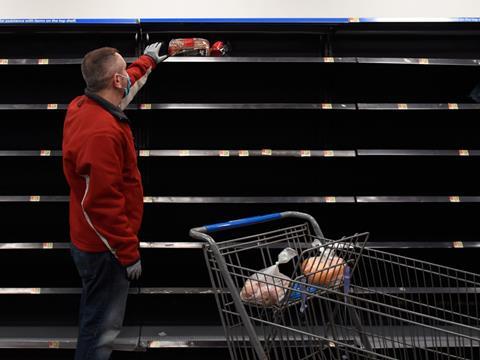
Members of the flexible packaging value chain are voicing concern at tensions in the polymer market which have been going on for some time, according to a new report from industry body Flexible Packaging Europe (FPE).
It is FPE’s view that deliveries of relevant polymers to the industry continue to be unpredictable in terms of volumes and time of delivery, therefore jeopardizing many production plans. As a result, the group says that converters are seriously affected as they have difficulties in supplying finished products to meet their customers’ order requirements.
In particular, the food and beverage sectors rely on the safe supply of packaging materials to meet the continuous high demand of retailers and ultimately end-consumers.
According to FPE, the concentration of ‘force majeure’ declarations or ‘maintenance’ announcements by the leading polymer manufacturers in Europe has created sudden and significant shortages along with unjustified price increases in the supply chain by the polymer manufacturers.
Events of recent weeks have reportedly shown that the situation is likely to continue for some months, if not worsen further.
Guido Aufdemkamp, FPE’s executive director, commented on the ongoing situation: “The polymer industry should not take the end-consumer hostage during these difficult times of the coronavirus pandemic in which the entire population is so dependent on the safe and stable supply of food and hygienic products as well as medical and pharmaceutical goods. We call on the polymer industry to do their utmost in terms of cooperating with their customers to solve this unfortunate situation.”
In Europe, almost 50% of Fast-Moving Consumer Goods (FMCG), excluding beverages, are packed with flexible packaging. Examples include all kinds of packaged foods, pet food, personal and household care products.
Almost two-thirds of the materials used for flexible packaging are plastics. FPE claims that the ongoing unstable supply, combined with the pressure from legislators and consumers in terms of sustainability, increases attempts for material substitution.













